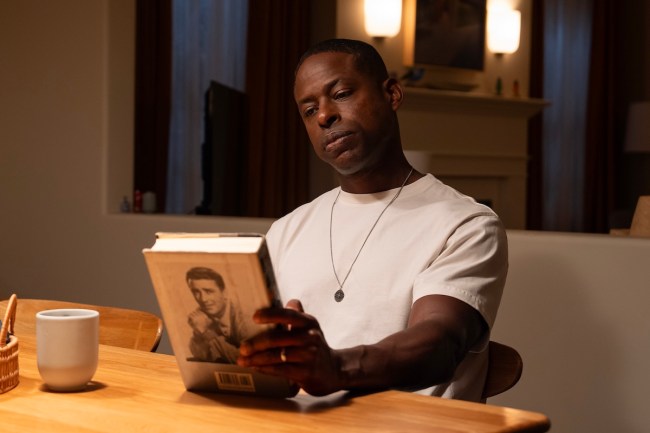Home / Arts and Entertainment / Hulu's "Paradise" Blends Realism and Surrealism in Gripping Thriller
Hulu's "Paradise" Blends Realism and Surrealism in Gripping Thriller
12 Nov
Summary
- Creators embraced an artificial, studio-based setting to evoke a sense of unease
- Composer Siddhartha Khosla's score aimed to trap viewers in the show's world
- Flashback episode "The Day" showcased the epic scale of the series' events

In November 2025, Hulu's Emmy-nominated series "Paradise" continues to captivate audiences with its unique approach to storytelling. Created by Dan Fogelman, the show premiered earlier this year and has been praised for its uncanny tone.
According to the series' directors, John Requa and Glen Ficarra, they initially struggled to find the right balance between realism and the show's heightened premise. Ultimately, they decided to embrace the artificiality of a studio-based setting, smoothing out the concrete and introducing subtle flaws in the sky to create a sense of unease. As editor Julia Grove explains, this aesthetic choice was a deliberate effort to distract viewers from overthinking the show's premise and instead immerse them in the story.
Composer Siddhartha Khosla, who previously worked with Requa and Ficarra on "This Is Us," played a crucial role in shaping the show's unsettling atmosphere. He crafted a score that aimed to trap viewers in the world of "Paradise," using extended periods of minimal, unmoving music to heighten the sense of tension and dread.
The series' standout episode, "The Day," directed by Requa and Ficarra, showcased the epic scale of the events unfolding in "Paradise." While much of the show focuses on the investigative efforts of Sterling K. Brown's character, this penultimate episode of Season 1 revealed the full context of how the characters ended up in this extraordinary situation. By keeping the camera at eye level and incorporating news footage, the directors were able to convey a sense of immediacy and visceral impact, even on a television budget.
As the creators of "Paradise" continue to explore the complexities of their characters and the mysteries at the heart of the series, audiences can expect to be further captivated by the show's unique blend of realism and surrealism.




